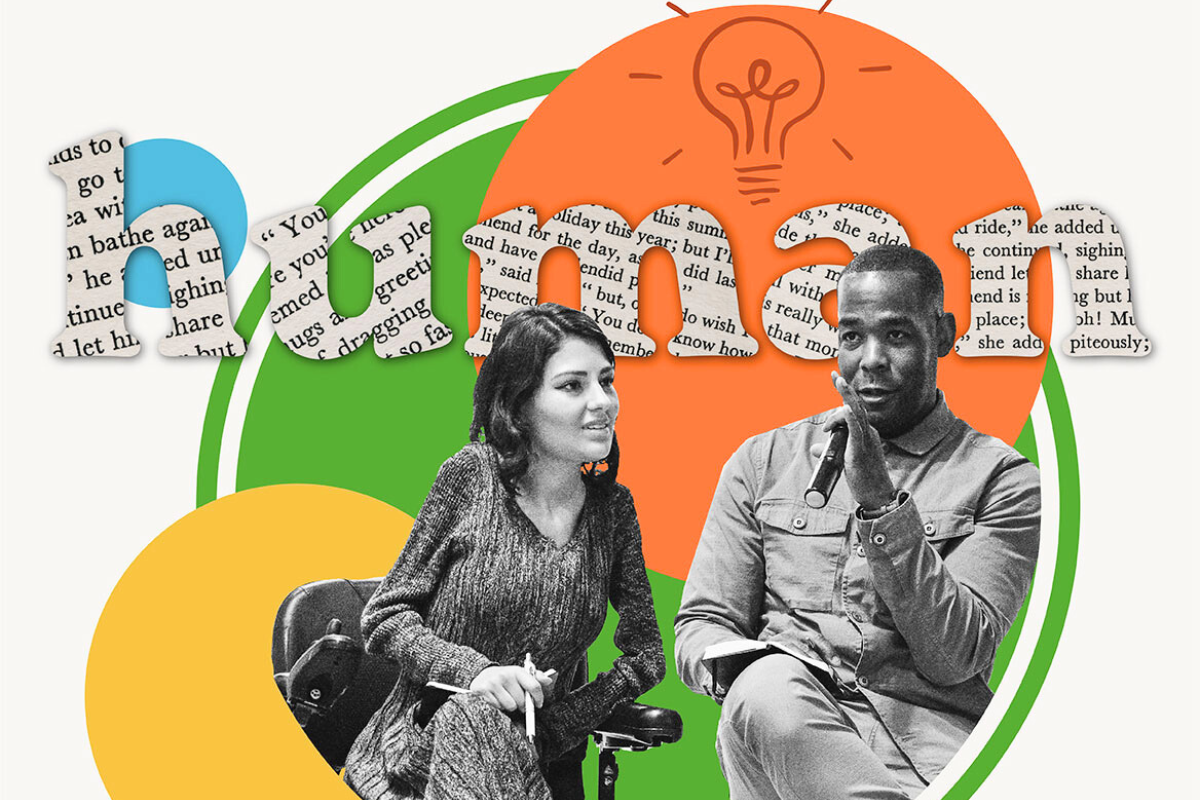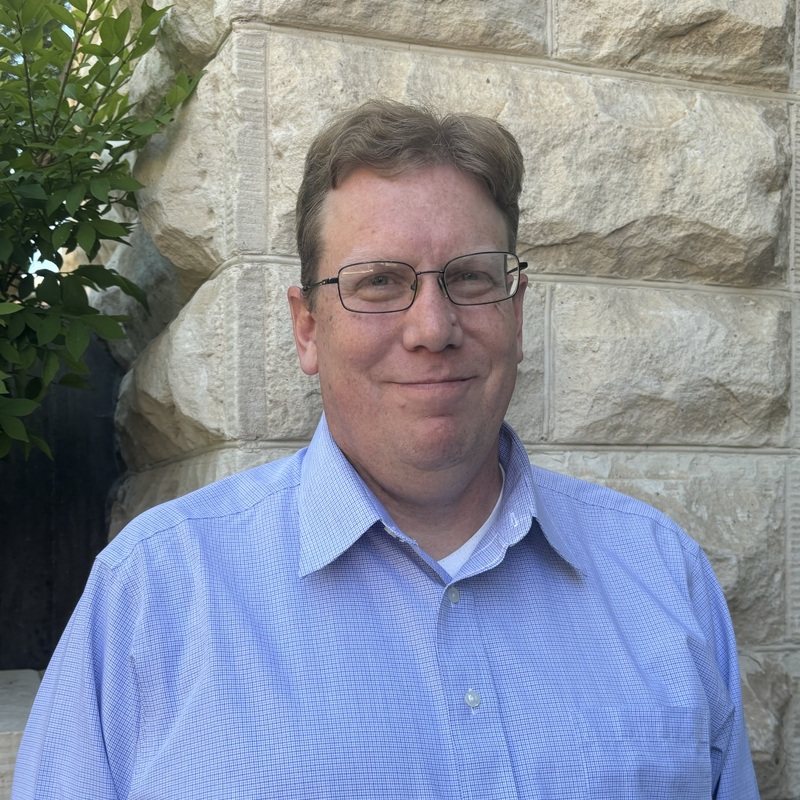-
Title
-
David Allred
-
Quote
-
"The humanities are the cultural infrastructure of our communities. What connects us as communities is strengthened by humanities."
-
Story
-
I remember being fascinated with traditions around me. I kept coming back to the idea of stories of the everyday. I started graduate school thinking I was going to study British literature, but I saw the book list for the British literature course and the one for a folklore course. I decided to change course right there, because for me the most fascinating thing about humanities is the idea of human ties. It’s those common human experiences that make meaning for people. It’s just fascinating to me.
I went into college torn about what I should major in. As I got into my sophomore and junior years, it was the humanities courses that caught my attention. It seemed relevant that I couldn’t stop talking about it with my friends. I’m just pleased that the field is so vibrant that I’ve been able to make a living. I’ve been able to do meaningful things in my career around the artistry of everyday life and people’s stories.
There is an essay I’ve taught, called “Hidden Intellectualism” by Gerald Graff, in a very popular composition textbook. He writes about his own experience in realizing he may not have come to college as an expert in rhetoric, or the history of education, or Dickens, but that his passion for baseball was a form of intellectualism. It was a pathway into greater and greater insight into things that he wanted to learn. Everyone is an expert in something.
In my classes, I bring in interviews from StoryCorps and have students listen to them and then try to find throughlines to the literature we are reading. My all-time favorite one is an interview of a woman who has forgiven and befriended a young man who killed her son. It had been a horrible act, teenage stupidity. He did time, but they formed this mother-son bond. She was able to forgive, something not all of us could do. We listen to that interview, and then we talk about The Iliad when Priam comes to Achilles says, “I’ve done what no one else has done. I’ve kissed the hand of the man who killed my son.” She does that same thing, but it’s today, and it’s in real life. Three thousand years ago, Homeric poets are singing about Priam and Achilles, and that story still moves us today. It’s high culture, and it’s everyday life.
The humanities are the cultural infrastructure of our communities. What connects us as communities is strengthened by humanities funding. It isn’t about culture war issues. It’s about funding a reader for the Paiute Tribe to use to preserve language and culture. It’s about funding filmmaking for troubled youth to give them the chance to express feelings. There were so many just great projects that we were doing. It’s about bringing people together and having conversations about water, or about culture in their communities. It’s about telling kids that they belong, that they can succeed. That there is a path for them. Those things matter.
We all know what we think, but if you see another person’s perspective, if you consider everyone else to be as valuable as you, then it causes you to constantly reconsider. And to listen. We’re better off by doing that. We constantly need to be thinking of what we value and then learning from others, expanding our understanding. It’s a process, and we don’t just say we have thought and we are done. The humanities invite us to constantly think again.
When I was teaching a world religion class, the pitch I kept making to students as we were studying all these different faith traditions was, “I don’t know where you personally are, religiously. I don’t need to know where your faith tradition is. But my message to you is these other traditions have value, and that implicitly means yours has value. The humanities affirms our own value, as individuals, just logically, because we see and recognize the value that’s inherent in others’ stories.
I know the humanities can be misused, to exclude, to elevate one’s own power, and so forth. Sometimes there are problems that can’t be solved. But so often, there are problems we can solve and a middle ground we can find. And care that can be offered to others. The humanities are what push me towards those things.
-
Date
-
July 2, 2024
-
interviewer
-
Randy Williams
-
Profession
-
Folklorist
-
Professor of English
-
UH affiliation
-
UH board
-
Temporal Coverage
-
2013-2019
-
Rights
-
Copyright Utah Humanities?


